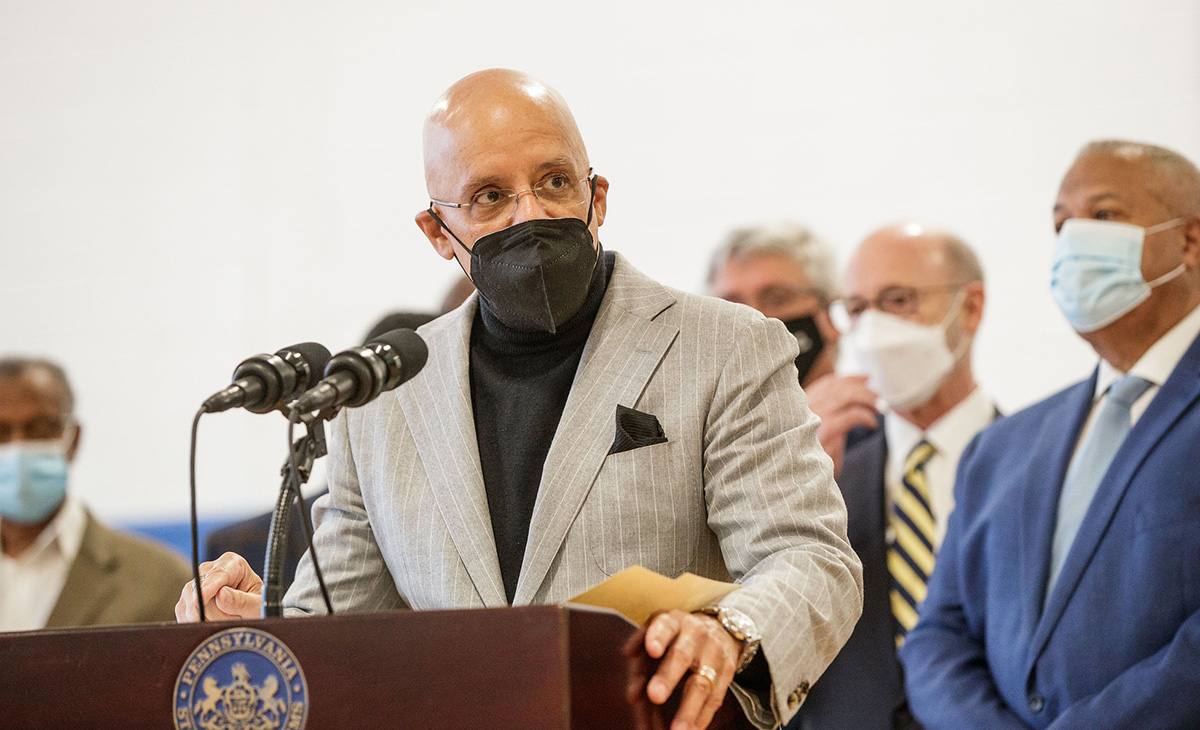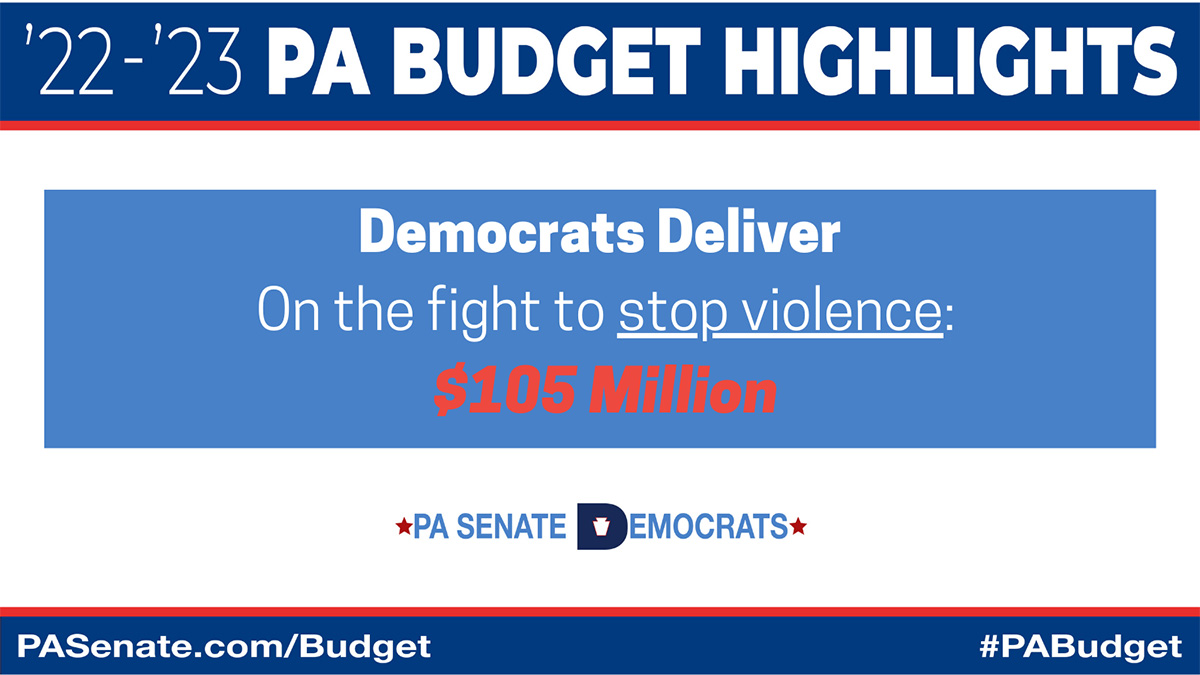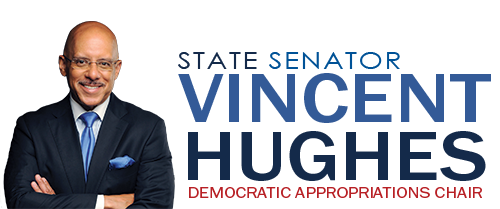Los presupuestos del Estado triplican con creces la financiación para la prevención de la violencia
Just a year after a historic first-ever investment in community programs, $105 million is budgeted

In last year’s state budget, we were able to secure more than $30 million for programs aimed at curbing the community violence that surged along with the COVID-19 pandemic.
That money was already at work in our communities while we worked with the Governor and our partners in Philadelphia to more than triple that amount to $105 million this year through the General Fund and with the help of the American Rescue Plan.
The bulk of the money will be directed through grants administered by the Pennsylvania Commission on Crime and Delinquency’s School Safety and Security Committee, where applicants with budgets as low as a few thousand dollars are considered for funding.

The bulk of the new money will be again be directed through grants administered by the Pennsylvania Commission on Crime and Delinquency’s School Safety and Security Committee, where applicants with budgets as low as a few thousand dollars are considered for funding.
It was critical that this effort include a broad approach because community violence is a complex issue with an extensive range of causes. That means large academic institutions that study the problem from a high and data-driven level will be supported in their efforts to gather the best scientific evidence and solutions. And Philadelphia has some of the best academic institutions in the nation.
Just as importantly, it also means that street-level, community-based organizations, whose operations are run neighborhood by neighborhood and house by house, will also qualify for this historic level of state support.
With the new funding secured in the budget, PCCD will soon announce the application period for the new funds. To find out more about how to qualify for these grants, or see how the money was distributed last year, visit their website at www.pccd.pa.gov.
We got $30 million in last year’s budget for community violence prevention programs. We spent the next 12 months rallying across the city and the state for more. And it worked.
